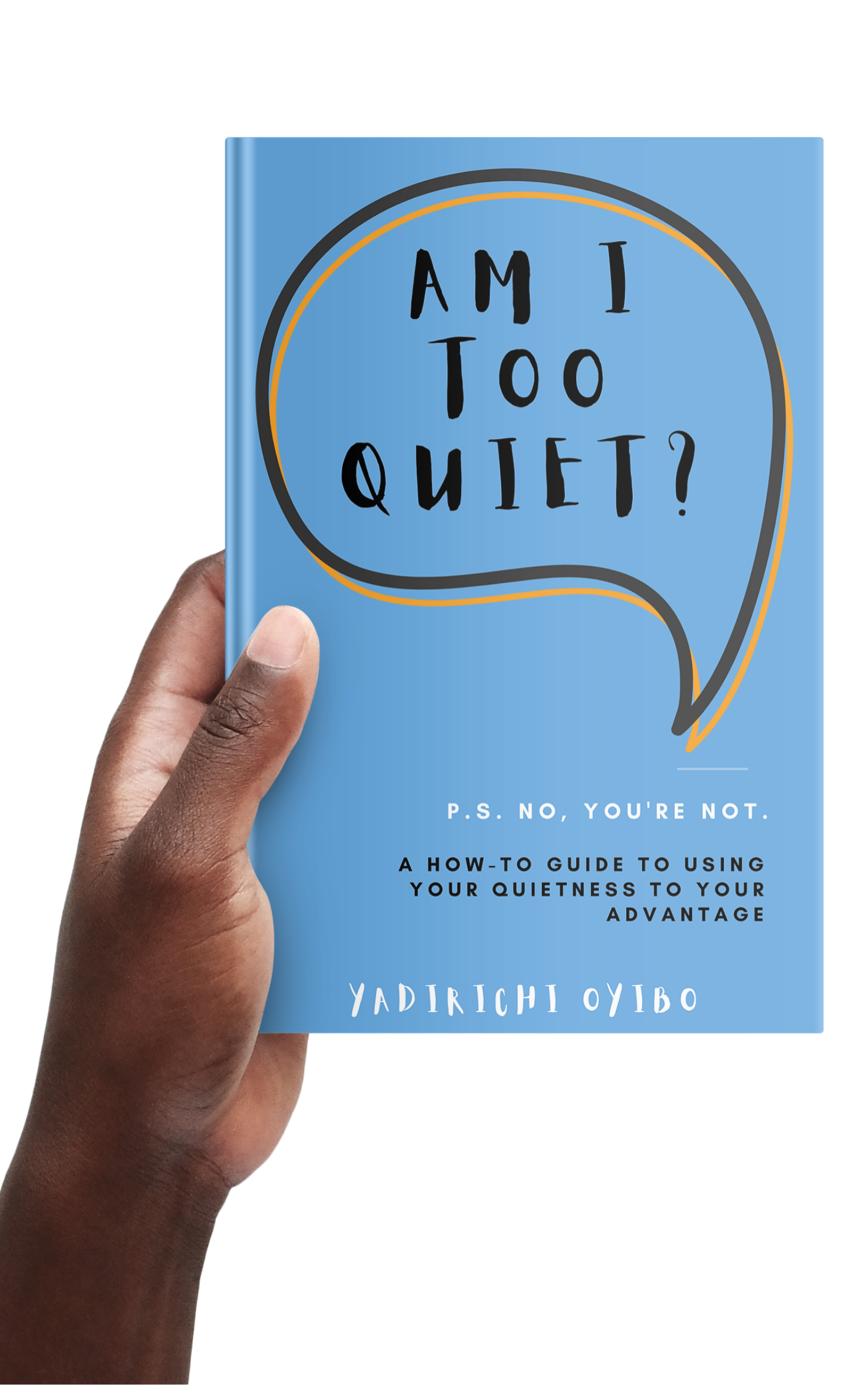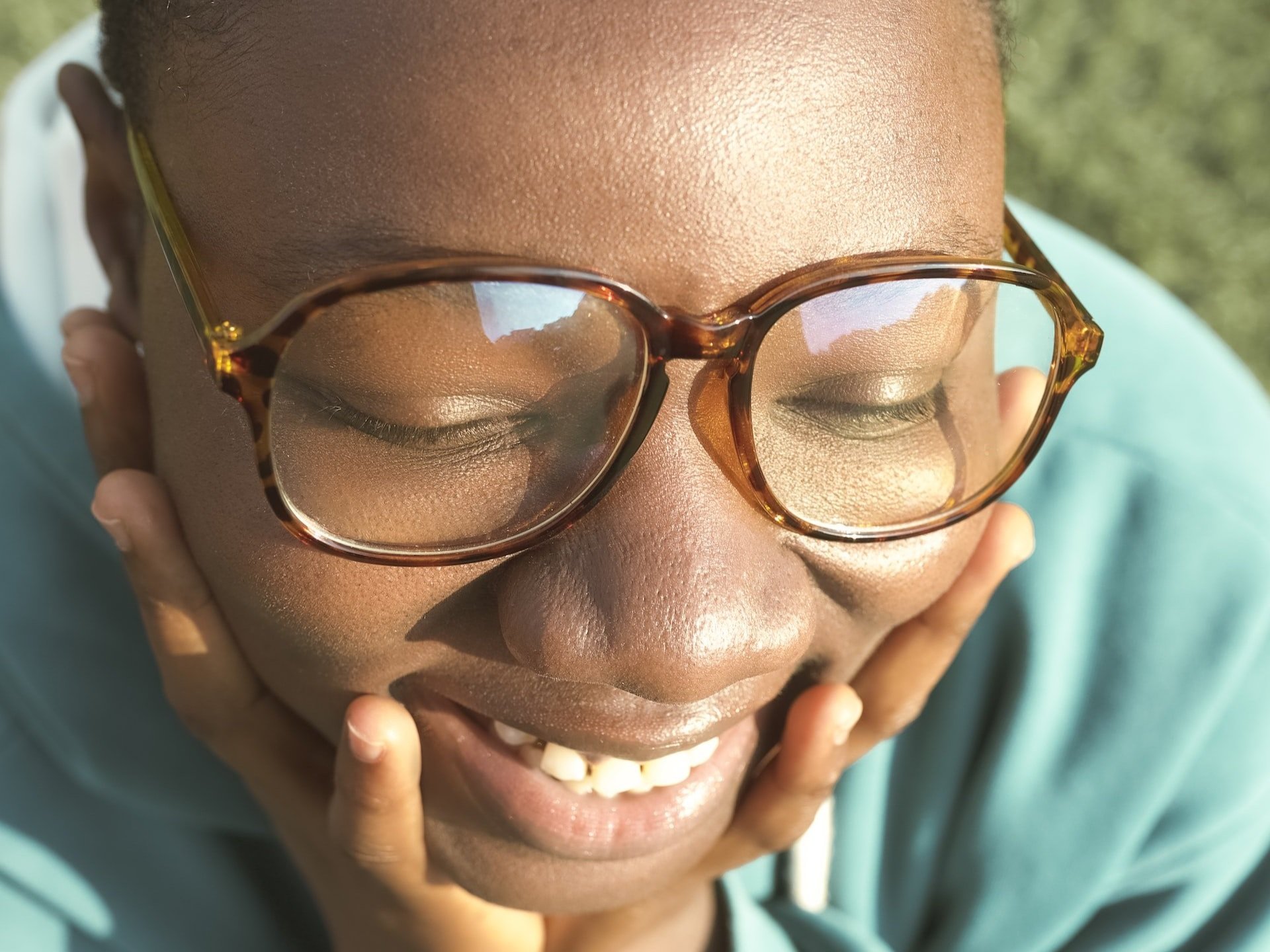13 Habits of the Naturally Introverted, Selectively Extroverted
Photo by Tide_trasher_x on Unsplash
Introverts and extroverts are two personality types widely studied and debated.
While extroverts thrive on social interactions and draw their energy from being around others, introverts are more reserved and prefer solitude to recharge.
However, many people fall somewhere between these two extremes. They exhibit traits of both introversion and extroversion and are known as ambiverts.
If you identify as an ambivert, you may find that you are naturally introverted but also have moments where you feel outgoing and sociable.
These are the traits of the naturally introverted and selectively extroverted.
Can a person really be naturally introverted?
Being naturally introverted means that a person tends to be more reserved, quiet, and introspective in their personality and behavior.
Introverted individuals typically prefer spending time alone or in small groups, and may feel drained or overwhelmed in large groups or socializing for extended periods of time.
This personality trait is often seen as a natural and innate aspect of a person's temperament, rather than a learned behavior.
While introverted individuals may still enjoy socializing and interacting with others, they tend to require more alone time to recharge and may find that their energy is depleted after long periods of social interaction.
It is important to note that being introverted does not necessarily mean that a person is shy, socially anxious, or lacking in social skills.
Many introverted individuals are perfectly comfortable in social situations, but simply prefer more low-key and intimate interactions with others.
Related: 5 Blissful Benefits of Smiling as an Introvert to Boost Your Mood
Wait! Am I selectively extroverted?
The term "selectively extroverted" refers to a personality trait where an individual is naturally introverted, but can display extroverted behavior in certain situations or with specific people.
So, yes, you can be selectively extroverted!
This means that you are able to engage in social situations when you feel comfortable and interested, but also need to recharge your energy by spending time alone.
For example, a selectively extroverted person may be hesitant to eat at a rowdy restaurant but may feel more comfortable talking one-on-one to a friend in a quiet coffee shop for hours.
Such a person may even look like a huge extrovert when engaging in social activities that align with their interests and values.
It is important to note that the term ‘selectively extroverted’ is not a formal psychological term, but rather a description of a personality trait.
While everyone's personality is unique, some individuals may find that they exhibit a mix of introverted and extroverted behaviors depending on the situation.
Why is this article important to someone like me?
This article will help you understand your unique strengths, and provide specific habits and practices to help you manage your energy as an extroverted introvert.
If you’re a naturally introverted and selectively extroverted person, living a fulfilling and balanced life is key.
There are many challenges of being introverted while trying to thrive in an extroverted world.
On the plus side, being an extroverted introvert gives you many advantages.
In a few minutes, you’ll learn how to navigate social situations, build deep relationships, and embrace your natural tendencies.
Below are the 13 most essential habits to learn as a naturally introverted, selectively extroverted person.
Habits to Manage Your Overstimulation
Loud noises, bright lights, and crowded spaces can quickly drain an introvert's energy and make them feel overwhelmed.
This is because introverts process information more deeply and require more time to reflect and recharge.
For naturally introverted, selectively extroverted individuals, being aware of their sensitivity to external stimuli can help them manage their energy and avoid situations that may be too overwhelming.
#1: Take breaks. Step away from a stimulating environment or activity for a period of time if you feel burned out.
#2: Practice mindfulness. Focus on the present moment and become aware of your thoughts and emotions to calm your thoughts.
#3: Create quiet spaces. Set up an environment that minimizes external noise and distractions
#4: Limit exposure to external stimuli. Avoid situations or activities that may overstimulate you as an introvert. Set boundaries to control the amount of stimulation you experience.
Habits to Navigating Your Social Situations
You may feel uncomfortable in social situations due to your sensitivity to external stimuli and the need for more downtime.
This is quite normal for naturally introverted, selectively extroverted individuals.
You prefer smaller, more intimate gatherings where you can connect more deeply with others and engage in meaningful conversations. In larger or unfamiliar social situations, you’d definitely feel overwhelmed and may struggle to connect with others.
By prioritizing smaller, more intimate gatherings, extroverted introverts like you can build deeper connections with others and feel more comfortable in social situations.
#5: Arrive early. This allows introverts to get comfortable in the environment and connect with others on a more intimate level.
#6: Prepare conversation starters. It’ll help you engage with others more easily and reduce anxiety around small talk.
#7: Find a wingman or ally. Introverts may find it helpful to bring a trusted friend or acquaintance to social events, as this can provide a sense of familiarity and support. The wingman can also help introduce the introvert to new people and facilitate conversation.
#8: Set boundaries. Being clear on what is and isn't comfortable in social situations can help introverts avoid overcommitting themselves or feeling pressured into activities they may not enjoy.
Liking this article? Join our Introvert Club→
Habits to Build Stronger Relationships
By navigating social situations more effectively, introverts can build strong, fulfilling relationships with others.
But it’s normal to value your alone time and find it challenging to balance solitude with your desire for social interaction.
This also makes it difficult to form new connections.
However, when introverts do form deep, meaningful relationships, they tend to invest a lot of time and energy into maintaining them.
They prioritize quality over quantity when it comes to socializing. So, these are some essential habits to make the work easier.
#9: Active listening: You’re already a good listener, and that’s a good thing. It allows others to feel heard and valued. So, don’t feel you’re too quiet. It helps your relationships to have depth.
#10: Express empathy: Introverts tend to be more attuned to others' emotions. Don’t be afraid you’re coming off too strong. Always acknowledge how you feel and respond in a supportive and caring way because it builds trust in relationships.
#11: Engage in shared interests: You should seek out connections with others who share similar interests, allowing you to bond over shared passions and experiences.
#12: Be vulnerable: Yes, you can be hesitant to open up to others. But sharing your thoughts and feelings in a genuine way will also help you build deeper connections with those around you.
Related: 13 Brilliant Tips to Make your Introvert Relationship Successful
Habits to Help You Practice Self-Care
Self-care is not just a luxury for introverts; it is a necessity for their mental and emotional health.
With inadequate self-care practices, introverts may experience heightened levels of stress, anxiety, and overwhelm. This can have a significant impact on their quality of life.
Due to their tendency towards introspection and self-reflection, introverts need to be more in tune with their physical and emotional needs.
This ensures they have the energy and resilience to navigate their social and personal lives with ease and enjoyment. These are some habits that can help you take care of your needs better.
#13: Relax and recharge. Say "no" to things that drain your energy. Creating a daily routine that allows for plenty of rest and downtime, like journaling, meditation, spending time in nature, yoga, or deep breathing exercises. Then, recharge by engaging in activities that get you pumped for more events such as exercising, dancing, hiking, or playing an instrument.
FAQs
What is ‘selectively extrovert’?
The term ‘selectively extroverted’ means that a person is naturally introverted but can also enjoy and thrive in social situations, but only in moderation and with certain people.
What are the 4 types of introverts?
There are different ways to categorize introverts, but some common types include social introverts, thinking introverts, anxious introverts, and restrained introverts.
Can I be an introverted extrovert?
Yes, it's possible to be an introverted extrovert or an ambivert. These are people who have a mix of both introverted and extroverted traits. They can enjoy socializing but also need alone time to recharge.
Over to you…
Remember, it's not about being a pure introvert or extrovert, but finding a balance that works for you. So, whether you're an introvert, extrovert, or somewhere in between, take these habits to heart and create a life that nourishes your soul. Leave a comment below and share this article with others.
Live Your Best Quiet Life
Get the Am I Too Quiet? book →














